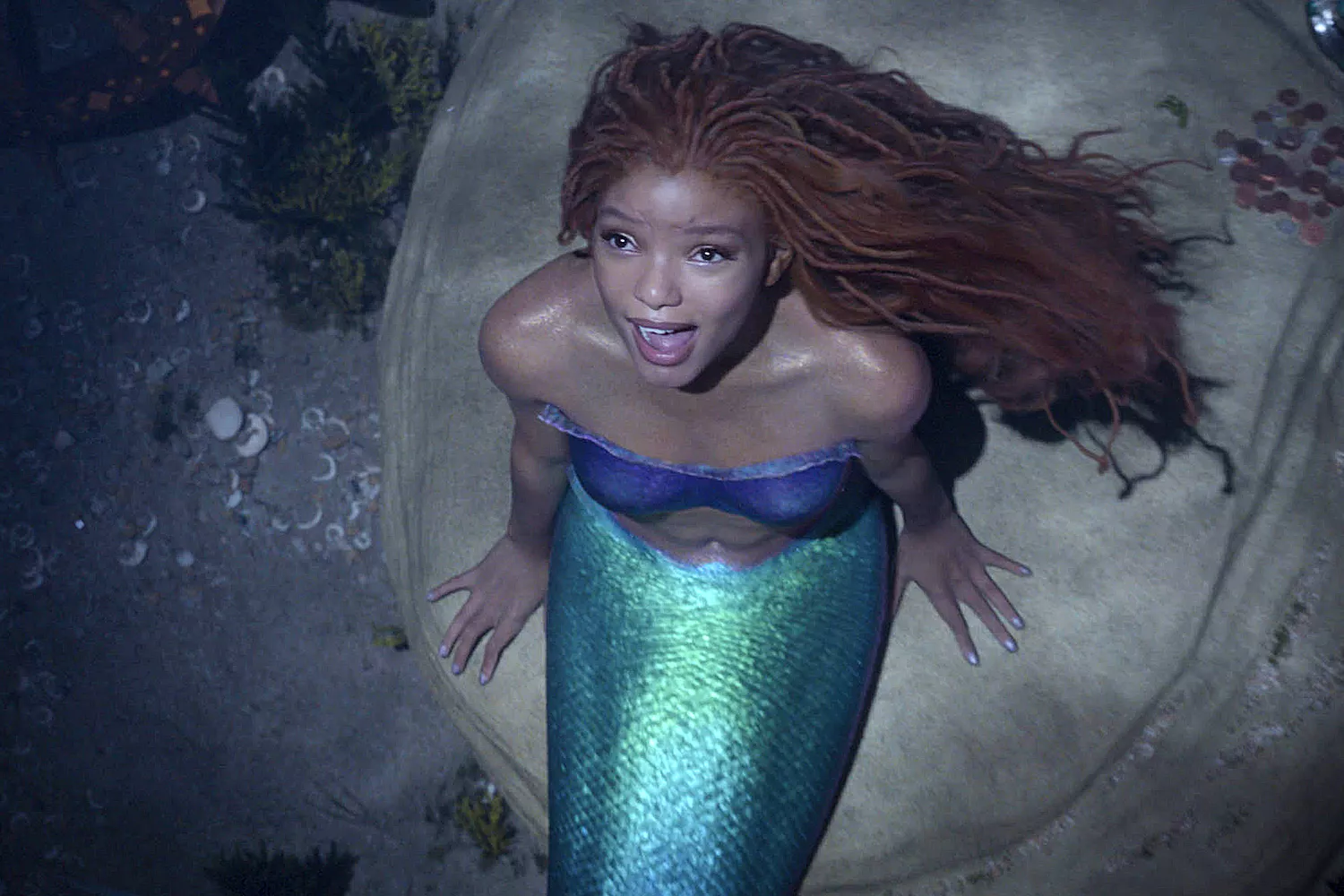
Isn’t it neat?
Disney released a trailer for its new live action film “The Little Mermaid” on September 9. While the music seems to be the same, fans quickly noticed there was something different about Ariel. The film features Halle Bailey, a Black woman with dreadlocks, as the famous mermaid that wants to be “part of that world.”
Following the release of the trailer, the internet was flooded with opinions about this new Ariel. Some argued that mermaids logically would be white because of their underwater environment. Others argued that making Ariel a Black woman was necessary for children to feel represented. Lu Tang and Tasha Dubriwny, both associate professors in the Department of Communication and Journalism at Texas A&M University, offer possible communication theories to help explain how these opinions about an animated movie go further than simple nostalgia.
“It's a classic,” Tang said. “It's a story we all read when we were little. People have a preconception about what Ariel looks like. If you read the book that I read when I was growing up, the character has fair skin and blonde hair. That causes a lot of dissonance when the new movie comes out, and Ariel is a Black girl.”
People who experienced “The Little Mermaid'' as children have only seen its story told one way, and this new film does not quite fit within that experience. Dubriwny suggests this nostalgia could be grounded in racism.
“‘Nostalgia’ is pretty perfect in terms of explaining the white anger with the new casting of ‘The Little Mermaid,’” Dubriwny said. “Nostalgia is a combination of two words, nostos for ‘return home’ and algia for 'longing.’ Scholars interested in nostalgia suggest that nostalgia is often a conservative impulse; it is a longing for an imagined simpler, easier time.”
Some think that Disney’s choice of a Black mermaid is purely to appear politically correct. In a day and age where people of color and underrepresented groups are becoming integral parts of casts, Dubriwny says that this representation is necessary for little Black girls.
“Disney’s casting asks us to embrace the possibility that anyone can be a mermaid, and that the mermaid’s story can be embodied by an actor of any racial or ethnic background,” Dubriwny added. “One of the big takeaways for me can be summed up with all of the videos that have been circulating on social media of Black girls watching the trailer for the first time…The ability to see people who look like you on screen matters.”
Most of the criticism or praise surrounding this new film comes from social media platforms such as Twitter and Instagram. According to Tang, the anonymity of social media has caused a lot of the more hateful comments about the film.
“There are posts on social media where I see a lot of the echo chamber effect,” Tang explained. “Sometimes, you'll see a post where everybody is celebrating this decision, while there are other discussion groups or forums or a thread online where everybody hates this decision. This is, in addition to this shift in the racial stereotype, an example of how it's so easy for people to find likeminded folks online to support their own view so that they think they're absolutely right. When you find a lot of people agreeing with you on the internet, you are more likely to think that whatever you feel is justified as correct.”
There will likely still be criticism and praise when “The Little Mermaid” starring Halle Bailey premiers in theaters May 2023, but Tang says the discourse concerning this movie should be a lesson to us.
“The way social media is structured leads to further division in the country in that we don't talk to each other,” Tang shared. “We know we have different opinions. We just talk to people who we agree with, and social media helps us to find those people.”

